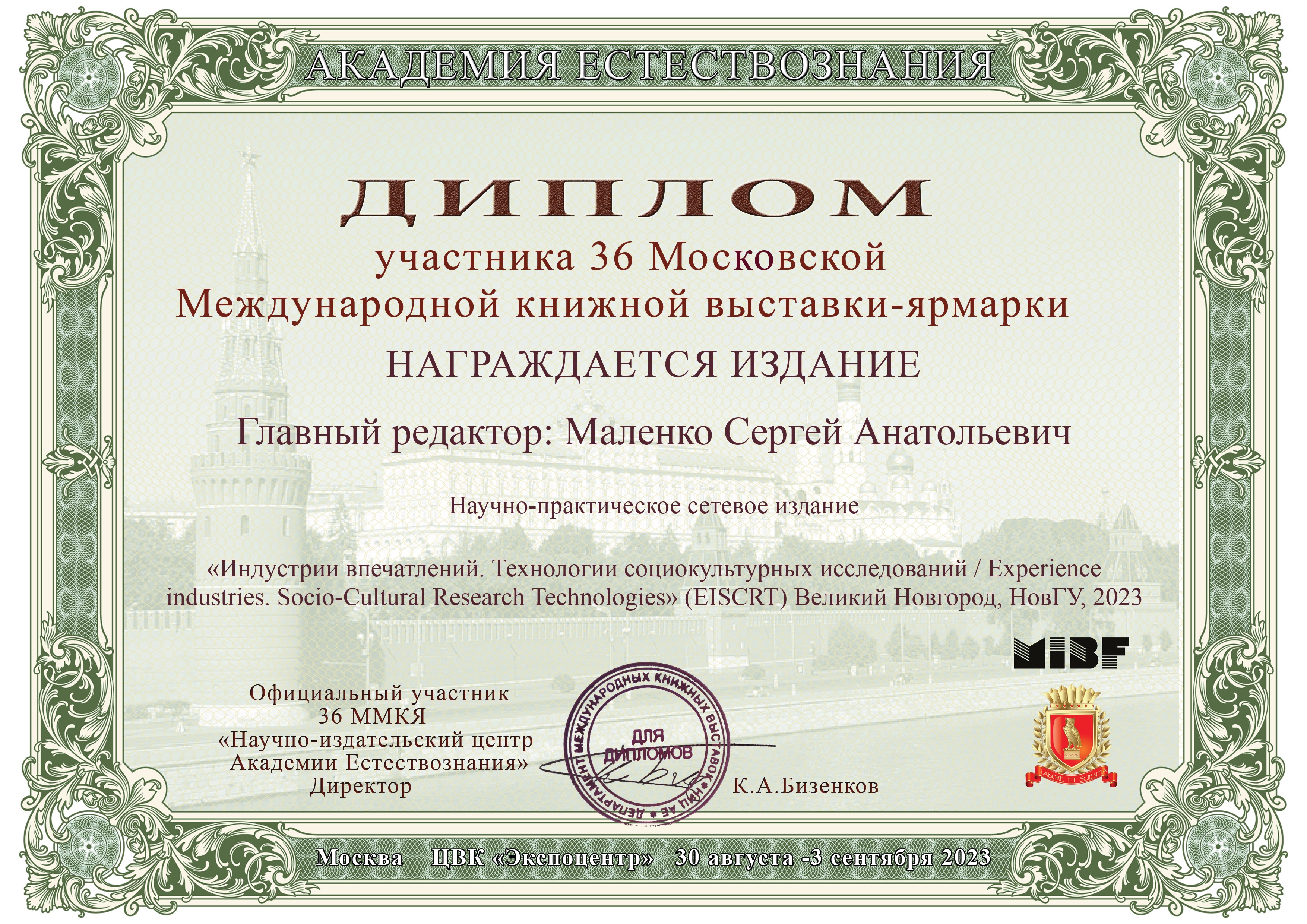"DRINK VODKA AND TURN ON THE NUCLEAR REACTOR": RUSSIAN MEANINGS OF DIGITAL PHILOSOPHY
DOI:
https://doi.org/10.34680/EISCRT-2025-3(12)-171-194Keywords:
digital philosophy, Russian philosophy, philosophical meanings, media, digitalization, historical memoryAbstract
The article is devoted to the study of unique aspects of Russian meanings of digital philosophy in the context of the formation of a new world order. The authors analyze how traditional Russian cultural and philosophical motives, such as eschatology, heroism and sacrifice, are transformed in the context of digitalization. The features of the influence of digitalization on various aspects of life, including consciousness, cognition, sociality and power are analyzed. It is emphasized that digital philosophy, which originated as a new way of thinking about the world, is increasingly acquiring national features, reflecting the specifics of the Russian mentality. Particular attention is paid to assessing the role of nuclear weapons and atomic energy in Russian philosophy, where they are perceived not only as instruments of power, but also as symbols of national identity and protection. The authors note that in the Russian philosophical tradition, eschatological motifs are often associated with the idea of a new beginning, which is reflected in modern digital narratives. The authors examine the crisis of global projects of the future, such as space exploration and the development of artificial intelligence, and suggest that Russian digital philosophy, with its emphasis on sacrifice and heroism, can become the basis for a new stage in the development of humanity. Its unique combination of traditional values and modern technologies enables it to proclaim new ways of thinking about global challenges. In conclusion, it emphasizes the idea that digital philosophy cannot be limited to individual thinkers, but is formed through network interactions and hyperlinks, making it particularly relevant in the Internet age.








